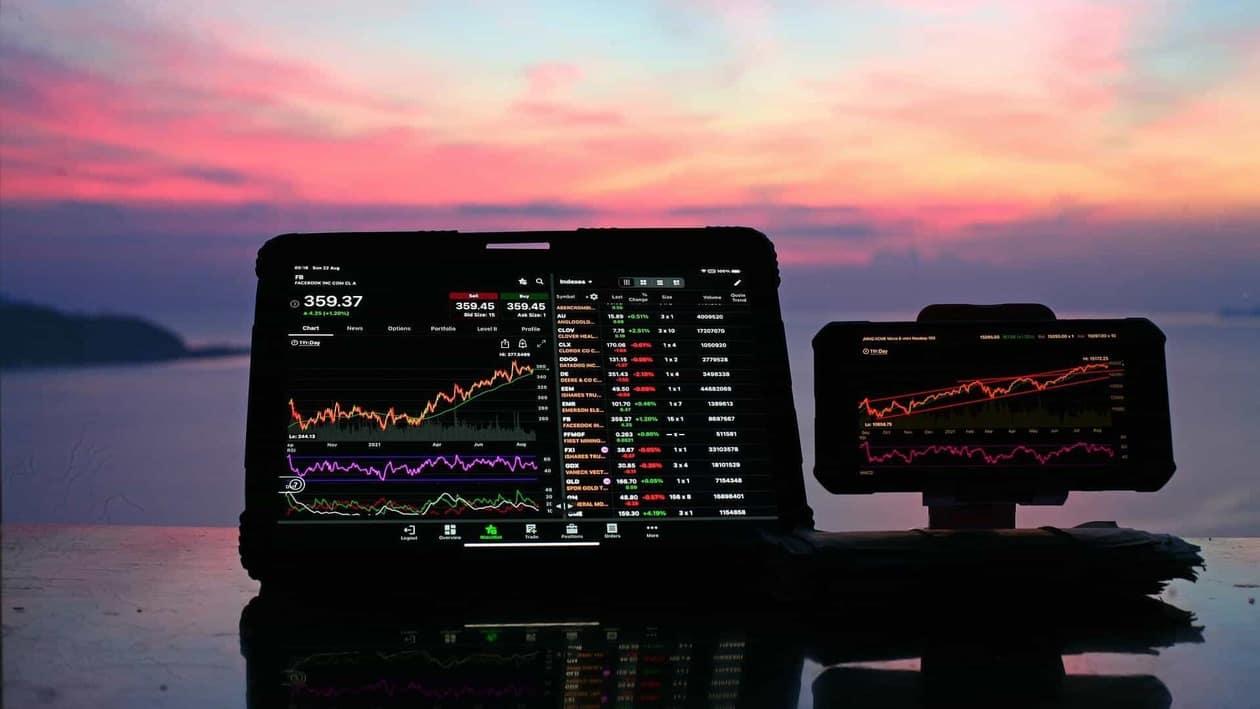Even when Indian markets are near their peaks, Nifty IT's one-year returns remain in the red. Along with Nifty IT, two other indices, Nifty Energy and Nifty Media, have given negative returns in the last one year.
The Nifty IT index has fallen nearly 4 percent in the last 1 year as against an over 12 percent gain in benchmark Nifty. Meanwhile, it is up just around 1 percent in 2023 YTD. Weaker than expected earnings, expectations of a slowdown in IT spending due to high inflation, concerns regarding the US recession and interest rate hikes in the US, and economic slowdown in Europe have led to lesser recovery in the IT index against others.
Also, profit-booking after the massive surge post the COVID pandemic is another reason for its weak performance. Between January 1, 2020, and March 31, 2022, the Nifty IT index rose by approximately 144 percent, while the Nifty 50 index climbed by 44 percent. However, since March 2022, the index has shed over 20 percent.
In 2023 YTD, the index has fallen in 4 of the 6 months of the current calendar year. It is down around 1.5 percent in June so far after a 5.8 percent gain in May. Meanwhile, it shed 3.4 percent, 3.2 percent, and 0.3 percent in April, March, and Feb, respectively. The index gained 3.9 percent in Jan.
However, from its COVID-low of 10,991.25, the index still has maintained multi-bagger returns, despite the decline in the last 1 year. It has surged 163 percent since March 2020.
Constituents
Among 10 constituents in the Nifty IT index, 4 have given negative returns while 6 have been in the green in the past 1 year.
Mphasis has shed the most, down over 24 percent in the last 1 year, followed by Wipro and Infosys, down around 14 percent each. TCS has also lost 4 percent in this time.
Meanwhile, midcap IT stocks have performed better with Persistent Systems gaining the most, up nearly 39 percent, followed by Coforge, up 27 percent. LTIMindtree and L&T Tech also rose over 12 percent each in the last 1 year. Meanwhile, HCL Tech added 9.9 percent.
Outlook
Now, on the back of this correction, is the time right to accumulate stocks from the IT space or should one wait longer before adding more IT stocks or is it time to sell?
According to a recent report by ICICI Securities, commentary and revenue guidance of IT companies suggest weak demand in the June 2023 quarter with a subsequent revival of demand in the second half of FY24 or the second half of 2023 (H2FY24/H2CY23) because, even though the sales cycle is lengthening, the pipeline is not shrinking. Plus, there is demand for cost optimisation opportunities, it added.
"This commentary is in line with our view of growth to pick up in CY24 and CY25 as clients advance on their multi-year technology transformation and digitalisation agenda. We believe the weakness in revenue growth in CY23 is largely priced in the stock prices at current valuations (NIFTY IT is trading at 22x on 1-year forward EPS, 2 percent premium to 5-year average P/E). We continue to prefer Infosys (BUY) and Persistent Systems (BUY), followed by LTIMindtree (BUY) and TCS (BUY)," it said.
Meanwhile, Kotak Institutional Equities also noted that after the recent correction in stock prices, valuations are reasonable for select companies. Of course, these valuations assume 3-4 percent growth acceleration and some level of margin expansion in FY2025E, however, the brokerage believes there are reasonable upsides in Infosys and HCL Tech. Infosys did have a bad March quarter and could have handled expectations better, nonetheless, the fundamental underpinnings of the business, of Infosys, are extremely strong, it said.
"Our valuations are based on a quick resolution to the global banking crisis and problems arising from banking industry events remaining localized to BFS. We do not assume a deep recession in our valuation base case. An increasing probability of recession does pose risks to multiples. Improved payout ratios of IT companies, full participation in the digital journey of clients, and legs to medium-term growth from the completion of digital transformation journeys of clients mean that stocks could bottom at multiples higher than earlier recessions, assuming a similar cost of equity as in the past. Stock valuations do not bake in a recession, but do build in a slowdown. Large-cap stocks are 10 percent away from building in a recessionary scenario," it explained.
Sunil Damania, Chief Investment Officer, MarketsMojo, also prefers select IT companies. “While we recognise that there are headwinds for the sector, most of them are in the price, hence, risk-reward continues to favour select IT firms,” he said.
On the contrary, brokerage house HDFC Securities pointed out that the macro challenges are manifesting into a set of outcomes for the IT sector ranging from cuts in discretionary spending, delay in decision making (slower conversion from pipeline to TCV), slower deal ramp-up, to change in the propensity for price increases/volume discounts. It also observed that mid-tier IT can sustain its growth premium over tier-1 IT. HDFC Securities continues to prefer LTIMindtree within large-cap IT, and Persistent Systems within mid-cap IT, with Zensar moving up in the pecking order.
Sonam Srivastava, Founder of Wright Research, an investment advisory firm, also believes one should avoid IT space in a volatile market.
"The IT sector is vulnerable to external factors such as global economic conditions, technology trends, and regulatory changes. Market volatility can impact client spending on IT services, potentially affecting revenue and profitability. Currency fluctuations and visa restrictions can further impact companies with international exposure," she said.
